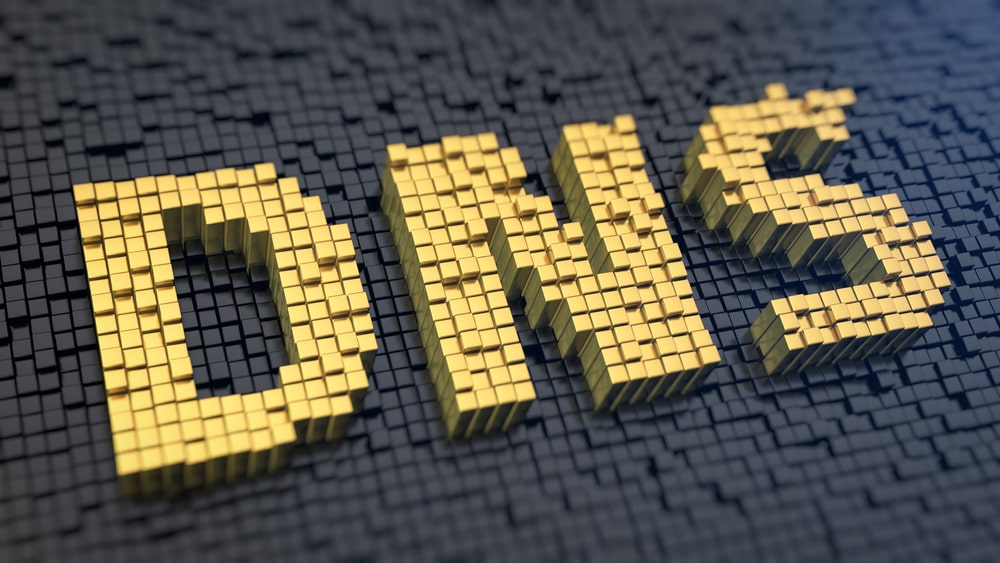DNS Caching

It's likely that you visit Google numerous times daily. Having the domain's IP address pre-stored on your device eliminates the need for your computer to repeatedly contact a DNS server to obtain the address whenever you type in the domain's name.
The client's router and the ISP's servers both contribute to the caching process. All this caching helps to lessen the load on the DNS name servers and speed up the system.
when using dns, how do you get a number?
Internet Protocol (IP) addresses are required for communication between devices on the network. DNS uses the IPv4 and IPv6 systems to convert human inquiries into numerical format. IPv4 addresses are decimal 32-bit integers.
Like a phone number, which may include a country code, an area code, etc., the string of numbers is broken up into portions, which include the network component, the host, and the subnet. The network identifies the type and subtype of network that is associated with the rest of the number. The host is the device that uniquely identifies a computer on a network. The subnet portion of the number is not required but is used to traverse the potentially vast number of subnets and other divisions within a local network.
IPv6, developed in response to fears that the internet may soon run out of IPv4 addresses, use 128-bit numbers, as opposed to 32-bit numbers used by IPv4. Possible IPv6 addresses number in the 340 trillions of trillions.
who is responsible for allocating ip addresses?
IP address allocation was turned up to the Internet Corporation for Assigned Names and Numbers in 1998. (ICANN). Since then, the non-profit has been handling the responsibility with little to no trouble. Policies for things like the introduction of new TLDs are developed by ICANN (such as .io).
Generally speaking, ICANN acts as an impartial advisor. One example is the fact that today, anyone who wishes to register a domain on the internet can do so at any one of the many registrars that have been approved by the Internet Corporation for Assigned Names and Numbers (ICANN). New domains take only a few minutes to propagate and become accessible around the world after they have been registered with DNS servers.
asking if dns is safe.
Cybercriminals are incredibly astute at locating exploitable weaknesses in any system, and DNS has certainly seen its fair share of attacks. According to a poll conducted by IDC in 2021 among more than 1,100 businesses throughout the Americas, Europe, and Asia-Pacific, 87% have fallen victim to DNS intrusions.
Each attack cost an average of $950,000 across all regions, or nearly $1 million for North American businesses. The survey found that in general, businesses were targeted by 7.6 attacks over the course of the prior year.
The paper claims that attackers have found new targets as a result of the COVID-related shift to off-premises work and the subsequent response by businesses to migrate resources to the cloud in order to make them more accessible.
Researchers also discovered an alarming increase in data theft via DNS, with 26% of businesses claiming that sensitive customer information was stolen, compared with only 16% in 2020.
DNS amplification, DNS spoofing (sometimes called cache poisoning), DNS tunneling, and DNS hijacking (also known as DNS re-direction) are all common forms of DNS attacks.